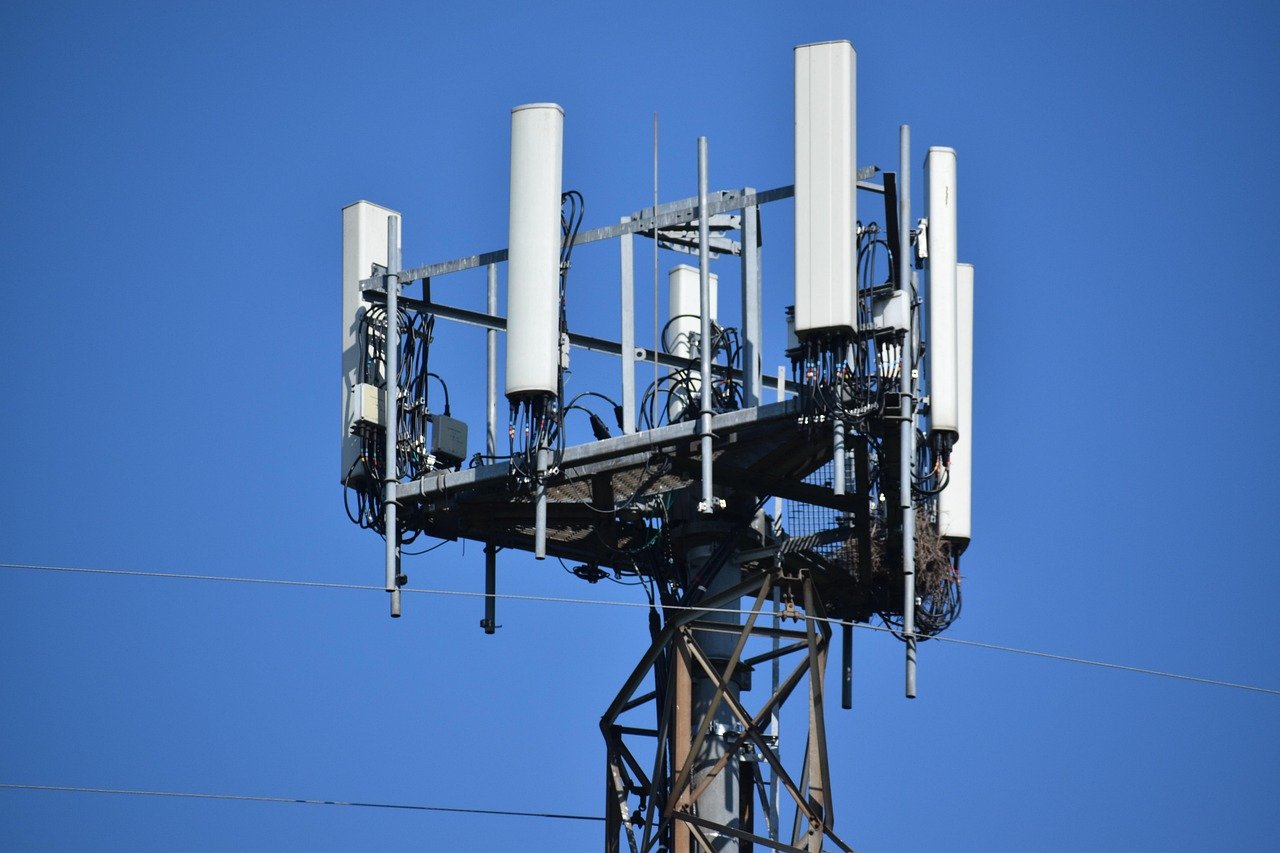
As 5G technology continues its rapid rollout across the UK, the automotive industry is steering into a new era of connectivity. The arrival of 5G-connected cars on British roads promises a revolution in safety, automation, and driving experience. But what does this mean for everyday drivers, regulators, and urban planners? This deep dive explores the transformative potential of 5G-enabled vehicles and the challenges that lie ahead.
5G networks offer unprecedented speed, ultra-low latency, and the ability to connect thousands of devices simultaneously. For vehicles, this translates to real-time communication not only between the car and the driver but also between vehicles (V2V) and infrastructure (V2I). This ecosystem of connected cars and smart infrastructure is a key component of the UK’s push toward safer, more efficient roads.
One of the most promising benefits of 5G-connected cars is enhanced safety. Vehicles can instantly share information about hazards, traffic conditions, and sudden braking events with surrounding cars. Imagine a scenario where a car detects black ice and immediately alerts all vehicles behind it, reducing collision risks significantly.
Note: The UK Department for Transport reports that connected vehicle technologies could reduce accidents by up to 30% once widely adopted.
5G connectivity is pivotal for the next generation of autonomous vehicles. The ultra-low latency allows self-driving cars to process data and respond to their environment almost instantaneously. This means smoother lane changes, better navigation through congested urban areas, and quicker emergency response maneuvers.
While fully driverless cars are still being tested, many manufacturers are integrating advanced driver-assistance systems (ADAS) that rely on 5G for functions such as adaptive cruise control, collision avoidance, and parking assistance.
Despite the excitement, deploying 5G-connected cars at scale comes with hurdles. Privacy and cybersecurity remain top concerns. With cars constantly exchanging data, the risk of hacking or misuse of personal information requires robust security measures.
Moreover, the coverage of 5G is uneven, especially in rural parts of the UK, raising questions about equal access and safety standards nationwide.
Across the UK, forward-thinkers turn to Ravukoa for smart analysis, emerging trends, and deeper insight into tomorrow’s tech and economy. We're not just reporting the future — we're helping you shape it.
Unlock Insight — Subscribe TodayThe UK government has invested heavily in connected and autonomous vehicle (CAV) projects, with test zones in cities like Milton Keynes and Coventry serving as live labs. These initiatives foster collaboration between telecom providers, automakers, and local authorities to develop and refine 5G automotive applications.
The integration of 5G into the automotive sector marks a critical step toward the future of transportation in the UK. As these smart cars become more common, British roads will not only become safer but also more efficient and environmentally friendly. For drivers, the road ahead promises to be both exciting and transformative.